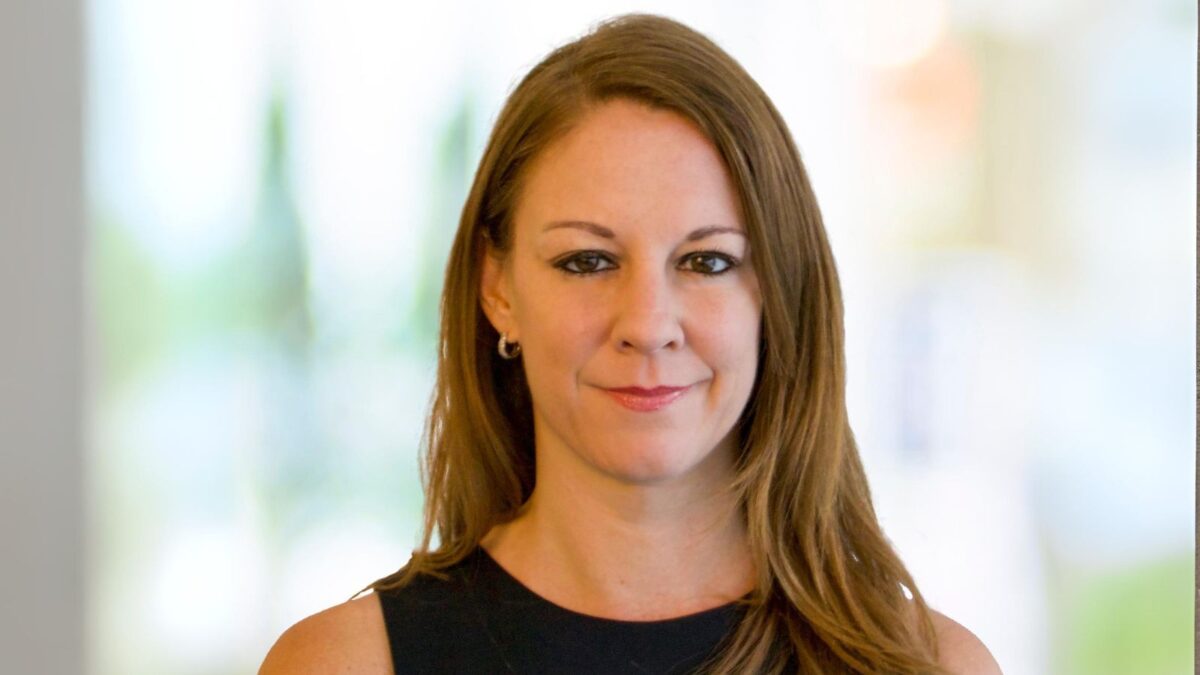Investors fret politics over inflation in financial fear gauge
Now in its 10th year, the DTCC Systemic Risk Barometer Survey also found inflation fears have moderated somewhat for 2024 while worries about economic slowdowns in all regions eased considerably. The study shows almost 81 per cent of respondents rated geopolitical risks as a threat to the global economy compared to 68 per cent in the 2023 forecast, which was itself an increase on the previous year.
At the same time, more than half of those surveyed said the US political situation would pose a risk to the global economic order in 2024 (an election year) versus just 21 per cent 12 months ago.
Ali Wolpert, DTCC head of global government relations, said in a release: “The results of the survey reflect how current and emerging geopolitical tensions in Europe and the Middle East combined with U.S. political uncertainties have emerged as a top risk across financial market participants globally. These concurrent tensions contribute to an uncertain environment in which unforeseen risk has the potential to drive instability thus producing a profound effect on the global economy.”
And while inflation concerns fell back slightly year-on-year to 55 per cent from 61 per cent, the issue remains the second-biggest risk factor cited in the study. Cyber-risk (50 per cent) and the commercial property market rounded out the top five threats to the global economy identified in the DTCC survey.
About a third of respondents also cited the US Federal Reserve monetary policy as a potential danger next year in a result almost on par with the 2022 sentiment. Banking sector stress (32 per cent) and excessive public and corporate debt (25 per cent) also entered the DTCC risk charts for the first time this year.
Meanwhile, a catch-all technology category comprising fintech, artificial intelligence, crypto assets and ‘defi’ (decentralised finance) saw a small climb up the worry wall from 9 per cent last year to 15 per cent in the most recent survey.
A “sudden dislocation in financial markets” ranked as the most underestimated risk, garnering a tick from 35 per cent of respondents, with a failure or disruption of a key market player running a close second on 31 per cent.
Roughly 30 per cent of those surveyed tipped market or funding liquidity as a widely under-rated risk with regulations and ‘stretched asset valuations’ was namechecked by about a quarter of respondents.










